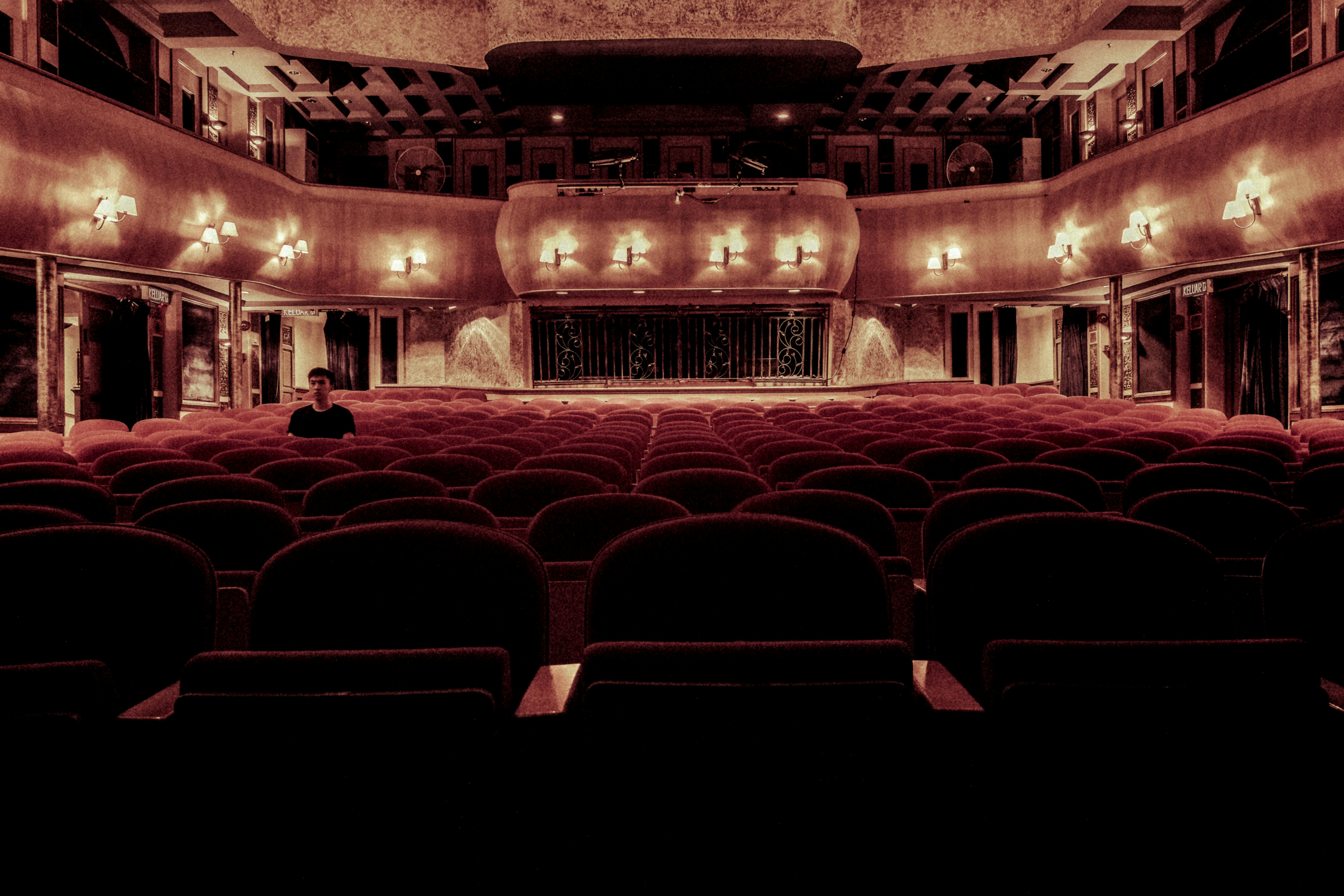Dystopian Drama: A Growing Trend in Contemporary Theatre
The fascination with dystopian themes is not new, but its increasing prevalence in the world of theatre is a growing trend worth examining. This article delves into the rise of dystopian drama, its historical context, current developments, and its impact on contemporary theatre.

A Glimpse into the Past: The Emergence of Dystopian Drama
Dystopian drama, as a genre, finds its roots in the early 20th century, coinciding with the rise of science fiction literature. The genre is characterized by its portrayal of a world gone awry – often resulting from a catastrophic event or oppressive regime. Plays like Karel Capek’s R.U.R (Rossum’s Universal Robots), which introduced the term ‘robot’, were one of the first to explore this dystopian ethos.
The Modern Stage: Dystopian Drama in Contemporary Theatre
Today, dystopian drama is experiencing a resurgence in contemporary theatre. This trend has been catalyzed by the global socio-political climate, which often feels uncertain and tumultuous. Recent productions like Bruce Norris’ “A Parallelogram” and Anne Washburn’s “Mr. Burns, a Post-Electric Play” have drawn attention for their dystopian themes, reflecting an increasing interest in exploring these narratives on stage.
The Impact: Dystopian Drama’s Significance and Reception
Dystopian drama has a significant impact on contemporary theatre. It pushes the boundaries of dramatic storytelling, encouraging playwrights to explore complex themes of societal collapse, human resilience, and moral ambiguity. Audiences, too, have responded positively to these productions. They provide a platform for spectators to confront their fears and anxieties about the future in a controlled environment, offering a cathartic experience.
Behind the Scenes: The Research Behind Dystopian Drama
The rise of dystopian drama in contemporary theatre is not merely a trend, but a reflection of our collective consciousness. It involves extensive research into potential future scenarios, socio-political trends, and human psychology. Playwrights who venture into this genre often spend months, even years, immersing themselves in speculative fiction, current affairs, and philosophical debates to create a believable dystopian world.
The Future of Dystopian Drama: What’s Next?
While it’s impossible to predict with certainty, the future of dystopian drama looks promising. Its growing popularity suggests that it will continue to be a significant genre in contemporary theatre. However, as society evolves, so will the themes explored in these plays, ensuring that dystopian drama remains a dynamic and evolving genre.
In conclusion, the rise of dystopian drama is a fascinating trend in contemporary theatre. Rooted in early 20th century plays, it has evolved to reflect our modern fears and anxieties. Its impact on the industry is significant, pushing the boundaries of storytelling and resonating with audiences. As we look towards the future, it’s clear that dystopian drama will continue to play a vital role in the theatre landscape.




